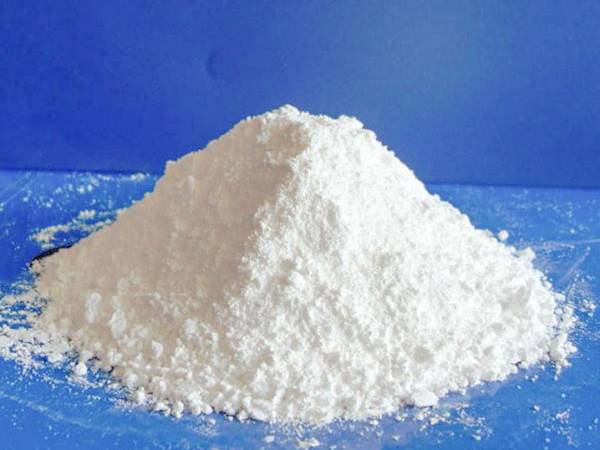



garden pool water treatment
Garden Pool Water Treatment Ensuring a Pristine Oasis
A garden pool is not only a stunning focal point in your outdoor space but also a sanctuary for relaxation and recreation. To maintain its beauty and hygiene, proper water treatment is crucial. This article explores the various aspects of garden pool water treatment, focusing on techniques, benefits, and best practices to keep your water sparkling clear and safe for swimming.
Understanding Garden Pool Water Characteristics
Before diving into treatment methods, it’s essential to understand the constituents of pool water. Most garden pools are subject to a variety of contaminants, including debris such as leaves and dirt, as well as organic matter like algae and bacteria. Additionally, swimmers contribute oils, lotions, and sweat into the water, necessitating a robust water treatment regimen to maintain clarity and prevent health risks.
Essential Treatments for Garden Pools
1. Filtration Systems A high-quality filtration system is the backbone of any swimming pool maintenance regimen. These systems help remove physical impurities and should be run for at least 8 to 12 hours a day, depending on pool size and usage. Consider using a combination of sand, cartridge, or diatomaceous earth filters for optimal results.
2. Chemical Balancing Regular chemical testing is vital for maintaining water quality. Key parameters include pH, alkalinity, and chlorine levels. The recommended pH range is between 7.2 and 7.8. Low pH can cause eye irritation and corrosion of pool surfaces, while high pH can lead to cloudy water and scale formation. Alkalinity levels should be maintained between 80 and 120 parts per million (ppm) to stabilize pH fluctuations.
garden pool water treatment

3. Sanitization Chlorine is the most common sanitizer used to kill bacteria and algae in pool water. Shock treatment, which involves adding a high dose of chlorine, is recommended weekly or after heavy rainfall or a pool party. Alternatives such as bromine, saltwater systems, or UV systems can also be employed according to personal preferences and sensitivity.
4. Algaecides Algae growth can rapidly turn a pristine pool into a murky one. Treatment with algaecides should be conducted periodically, especially during hot weather when algae are prone to bloom. It's prudent to apply algaecides during your weekly maintenance to prevent any undesirable growth.
5. Regular Cleaning Besides chemical treatment, physical cleaning is equally essential. Skimming the surface for debris, vacuuming the pool floor, and brushing walls should be part of a weekly maintenance schedule. Investing in an automatic pool cleaner can ease this chore, ensuring that your pool remains inviting.
The Benefits of Proper Water Treatment
Maintaining your garden pool through regular water treatment not only ensures safety and hygiene but also enhances the overall enjoyment of your outdoor space. Clean water improves swimmer comfort, reduces skin and eye irritation, and prevents the growth of harmful pathogens. Moreover, effective treatment can extend the life of your pool equipment and surfaces, saving you money in the long run.
Conclusion
In summary, the key to a beautiful and functional garden pool lies in proper water treatment. By implementing a comprehensive maintenance routine that includes filtration, chemical balancing, sanitization, and regular cleaning, you can ensure your pool remains an inviting oasis for family and friends. Embrace these practices, and you’ll enjoy countless hours of enjoyment in your garden retreat while keeping it clean and safe.
-
Why Sodium Persulfate Is Everywhere NowNewsJul.07,2025
-
Why Polyacrylamide Is in High DemandNewsJul.07,2025
-
Understanding Paint Chemicals and Their ApplicationsNewsJul.07,2025
-
Smart Use Of Mining ChemicalsNewsJul.07,2025
-
Practical Uses of Potassium MonopersulfateNewsJul.07,2025
-
Agrochemicals In Real FarmingNewsJul.07,2025
-
Sodium Chlorite Hot UsesNewsJul.01,2025










